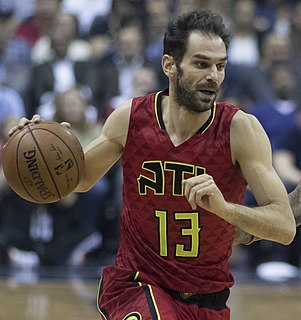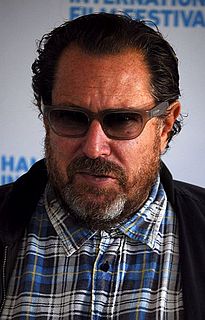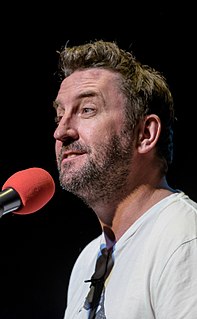A Quote by J. B. Smoove
I talked about everything, man. I've always written material that everyone can laugh at. I talked about growing up. I did a lot of physical comedy. That was my thing. I was a physical comedian. I did anything and everything from running on a treadmill, I can paint a picture on stage of anything.
Related Quotes
Some men and women are inquisitive about everything, they are always asking, if they see any one with anything they ask what is that thing, what is it you are carrying, what are you going to be doing with that thing, why have you that thing, where did you get that thing, how long will you have that thing, there are very many men and women who want to know about anything about everything.



































